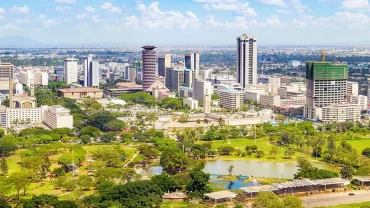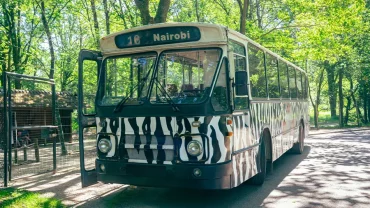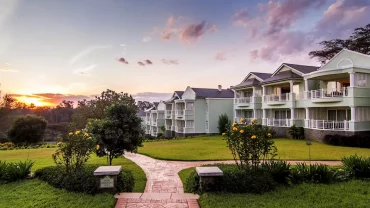Introduction
Nairobi is a beautiful city, full of history and culture. It’s also a great place to go on safari and see some amazing wildlife. But there are also dangers in Nairobi that you need to be aware of if you plan on visiting this metropolis. Here’s what you need to know about traveling safely in Nairobi:
Don’t rely on ATMs, use cash and debit cards.
-
Don’t rely on ATMs.
-
Use cash and debit cards. Many ATMs in Kenya are unreliable, and you may have trouble finding one that accepts your card or doesn’t charge exorbitant fees. Instead of using an ATM, bring enough cash to cover your expenses while you’re in Nairobi—you’ll need it for transportation, shopping, and tips anyway! Plus, if you do run out of money while exploring the city, it’s better to use a debit card than a credit card when trying to find an open bank branch during business hours (usually 8:30AM–4:30PM). The best cards for this situation are those tied directly to American banks with branches in Nairobi like Bank of America or CitiBank; if your bank doesn’t have one there (like Chase), consider using another brand’s prepaid debit account like Serve or NetSpend instead.
Respect the wildlife in the Nairobi National Park
The Nairobi National Park is home to a variety of wildlife and it’s important that you respect this. If you’re visiting the park, don’t feed the animals or bring food into it, as this can make them dependent on humans for sustenance. Also, keep in mind that you shouldn’t wear bright colors or go off-paths—these will only attract attention from animals! It’s also important not to get too close to any wild animals; remember they may be scared and could hurt or kill you if they feel threatened. And finally: don’t take photos of any wild animals except at designated areas where there are no other people around!
If you book an excursion through the hotel, check the prices first.
To find the best deals, look out for tour companies that offer free hotels and other perks. You can book a hotel/flight package through them at a lower price than if you booked separately. For example, if you stay at the Nairobi Serena Hotel, they will arrange your plane tickets and car rental for no extra cost. They also provide tours around town and arrange safaris in Kenya’s national parks. If you want to visit one of these spots but don’t want to pay an arm and a leg, contact the hotel directly after booking your room—they may be able to help out with prices or even offer discounts on certain activities!
This is one place where you should definitely get a guide to protect yourself from theft.
If you are new to the city, it is important that you get yourself a guide. This is one place where you should definitely get a guide to protect yourself from theft. You can hire a local guide from your hotel or hostel; they will be able to provide information on the best places in town, and also help with transportation options between different parts of Nairobi.
A good tourist site will have an official ticket booth where guides wait for their clients. Always ask your guide whether he has an identification card (ID) issued by his company before choosing him or her as your guide. If he does not have one then choose another one!
Asking these questions allows you to vet out bad tour guides who may take advantage of their customers’ ignorance about local customs and laws by overcharging them or even robbing them outright!
Rent a car.
If you’re going to be doing any driving, renting a car is the way to go. There are several companies that provide reliable vehicles, complete with drivers and GPS systems. Make sure you get all of these additional features if possible:
-
Spare tire (you never know when there will be an accident)
-
Insurance (so that if there is an accident your car isn’t totaled)
-
First aid kit (just in case there’s an emergency on the road)
Insist on hand washing of all produce before eating or cooking it.
It may seem like a lot of work, especially if you’ve just come off the plane. But it’s important to insist on hand washing of all produce before eating or cooking it. This applies even for packaged foods you buy in Nairobi—if the package is opened, then wash it with soap and water before eating again.
If you are staying in a hotel, ask your host about their food preparation practices. If they don’t prepare their own meals and use packaged/prepared foods from outside sources, then be wary of consuming them (note: this can be difficult to do when traveling).
Conclusion
Nairobi is a beautiful city with so much to offer. But it can also be dangerous. Make sure you are careful when you visit and make sure to follow the tips we’ve given here so that your trip goes smoothly!





Comment (0)